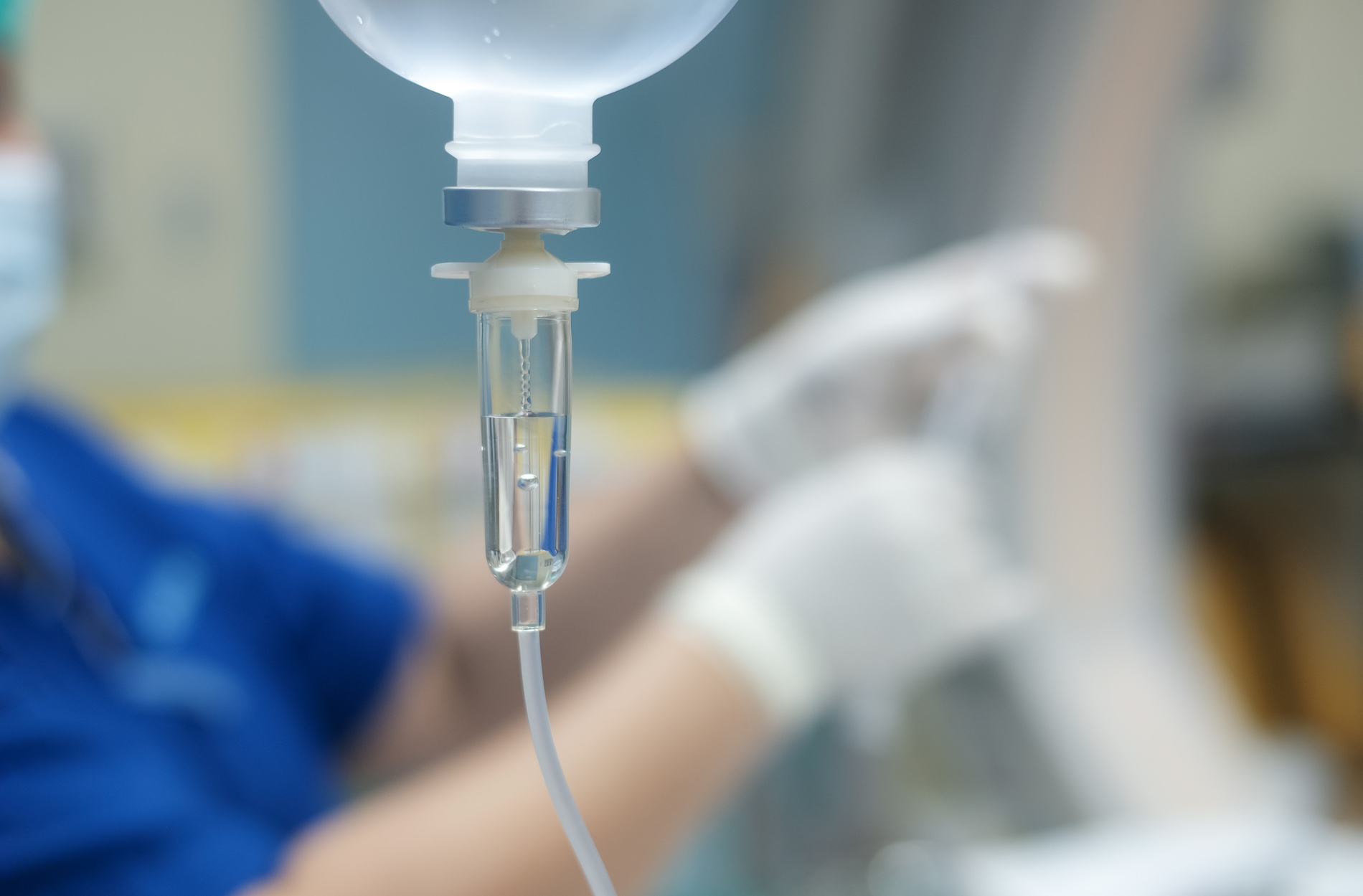February is recognized as National Cancer Prevention Month. While some risk factors for cancer are out of our control, cancer risk can be decreased with healthy lifestyle changes and early detection testing options. Here are 7 tips to reduce your cancer risk.
1. Eat a healthy diet
Eating healthy can lead to many health benefits. Including an abundance of fruits and vegetables in your diet is beneficial in contributing to a healthier lifestyle. Limiting alcohol intake can also reduce your risk for certain cancers. Foods that help your body fight infections, such as cancer, include berries, broccoli, tomatoes, walnuts, grapes, and other plant-based options.
2. Be physically active
Moving your body to the best of your ability and maintaining a healthy weight may help reduce your risk of some cancers. Doing any amount of physical activity regularly comes with a multitude of health benefits.
3. Avoid tobacco use
Smoking has been linked to many types of cancer, including cancer of the lungs, mouth, throat, voice box, pancreas, bladder, cervix, and kidney. Even being around somebody else who is smoking (secondhand smoke) may increase your risk of cancer. In addition to smoking, chewing tobacco can also increase your risk of mouth and throat cancer. Not using tobacco or making a conscious effort to limit tobacco use, can be beneficial to overall health.
4. Utilize sun protection
Skin cancer is one of the most common cancers and one of the most easily preventable. Avoiding the sun and staying in the shade is the number one way to protect your skin. If you go in the sun, utilizing sunscreen, hats, and sunglasses can help lower your risk. Staying out of tanning beds can also help with limiting UV exposure and reducing your cancer risk.
5. Get vaccinated
Certain cancer risks can be lowered significantly by vaccines. HPV is a sexually transmitted virus that can lead to different types of cancers. It is recommended that teenagers get vaccinated for HPV to lower their risks. Hepatitis B vaccinations are also available and will decrease the risk of developing Hepatitis B induced liver cancer.
6. Practice safe social behaviors
Avoiding risky behavior such as unprotected sex or the sharing of needles associated with illegal drug use can help limit the risk of cancer. HPV can be spread through unprotected sex, and hepatitis is a common disease associated with sharing needles. Practicing safe sex and avoiding illegal, injectable drugs will also help reduce your risk of cancer and lead to an overall healthier lifestyle.
7. Get your recommended screenings
Technology has come a long way and there are now many screening options to detect cancer in an earlier, more treatable form. Doing regular self-examinations and following through on doctor-recommended cancer screenings can help your medical providers detect and treat cancer early.
Unfortunately, some cancer risk factors such as age, genetics, and gender are out of our control. Additionally, if you or a loved one was unknowingly exposed to asbestos or unaware of the risks associated with asbestos exposure, you also may be at a higher risk for developing cancer. If you or a loved one has been diagnosed with an asbestos-related cancer, help starts here. Fill out a free case evaluation today.




